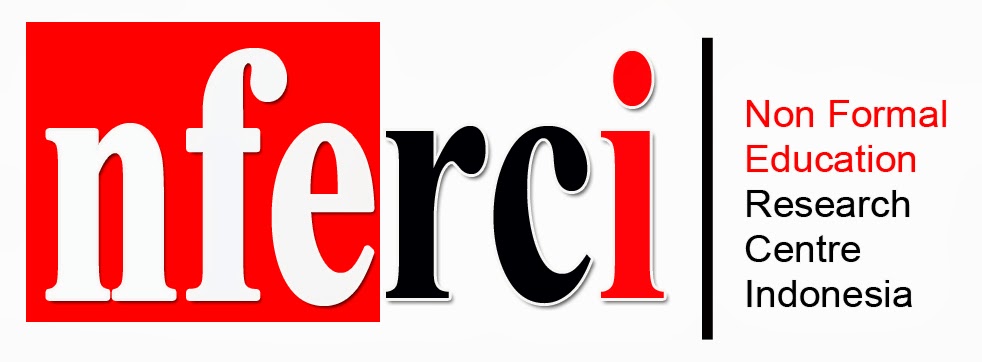 Many students, especially those who are
poor, intuitively know what the schools do for them. They school them to
confuse process and substance. Once these become blurred, a new logic is
assumed: the more treatment there is the better are the results; or, escalation
leads to success. The pupil is thereby “schooled” to confuse teaching with
learning, grade advancement with education, a diploma with competence, and
fluency with the ability to say something new. His imagination is “schooled” to
accept service in place of value. Medical treatment is mistaken for health
care, social work for the improvement of community life, police protection for
safety, military poise for national security, the rat race for productive work.
Health, learning, dignity, independence, and creative endeavor are defined as
little more than the performance of the institutions which claim to serve these
ends, and their improvement is made to depend on allocating more resources to
the management of hospitals, schools, and other agencies in question. Not only
education but social reality itself has become “schooled.”
Many students, especially those who are
poor, intuitively know what the schools do for them. They school them to
confuse process and substance. Once these become blurred, a new logic is
assumed: the more treatment there is the better are the results; or, escalation
leads to success. The pupil is thereby “schooled” to confuse teaching with
learning, grade advancement with education, a diploma with competence, and
fluency with the ability to say something new. His imagination is “schooled” to
accept service in place of value. Medical treatment is mistaken for health
care, social work for the improvement of community life, police protection for
safety, military poise for national security, the rat race for productive work.
Health, learning, dignity, independence, and creative endeavor are defined as
little more than the performance of the institutions which claim to serve these
ends, and their improvement is made to depend on allocating more resources to
the management of hospitals, schools, and other agencies in question. Not only
education but social reality itself has become “schooled.”
It costs roughly the same to school both
rich and poor in the same dependence. The yearly expenditure per pupil in the
slums and in the rich suburbs of any one of twenty US cities lies in the same
range—and sometimes is favorable to the poor. Rich and poor alike depend on
schools and hospitals which guide their lives, form their world view, and
define for them what is legitimate and what is not. Both view doctoring oneself
as irresponsible, learning on one’s own as unreliable, and community organization,
when not paid for by those in authority, as a form of aggression or subversion.
For both groups the reliance on institutional treatment renders independent
accomplishment suspect. The progressive underdevelopment of self- and
community-reliance is even more typical in Westchester than it is in the
Northeast of Brazil. Everywhere not only education but society as a whole needs
“de-schooling.”
Welfare bureaucracies claim a
professional, political, and financial monopoly over the social imagination,
setting standards of what is valuable and what is feasible. This monopoly is at
the root of the modernization of poverty. Every simple need to which an
institutional answer is found permits the invention of a new class of poor and
a new definition of poverty. Ten years ago in Mexico it was the normal thing to
die in one’s own home and to be buried by one’s friends. Only the soul’s needs
were taken care of by the institutional church. Now to die at home has become a
sign either of poverty or of special privilege. Dying and death have come under
the institutional management of doctors and undertakers.
Modern poverty is not necessarily the
consequence of inferior treatment. It can, of course, be associated with fewer
years of school attendance or cheap schooling; but it can also accompany more
costly schooling such as the higher than average per capita expenses of
“compensatory education” in slums and “rehabilitation” behind bars. Modern …












.jpg)
0 komentar:
Posting Komentar